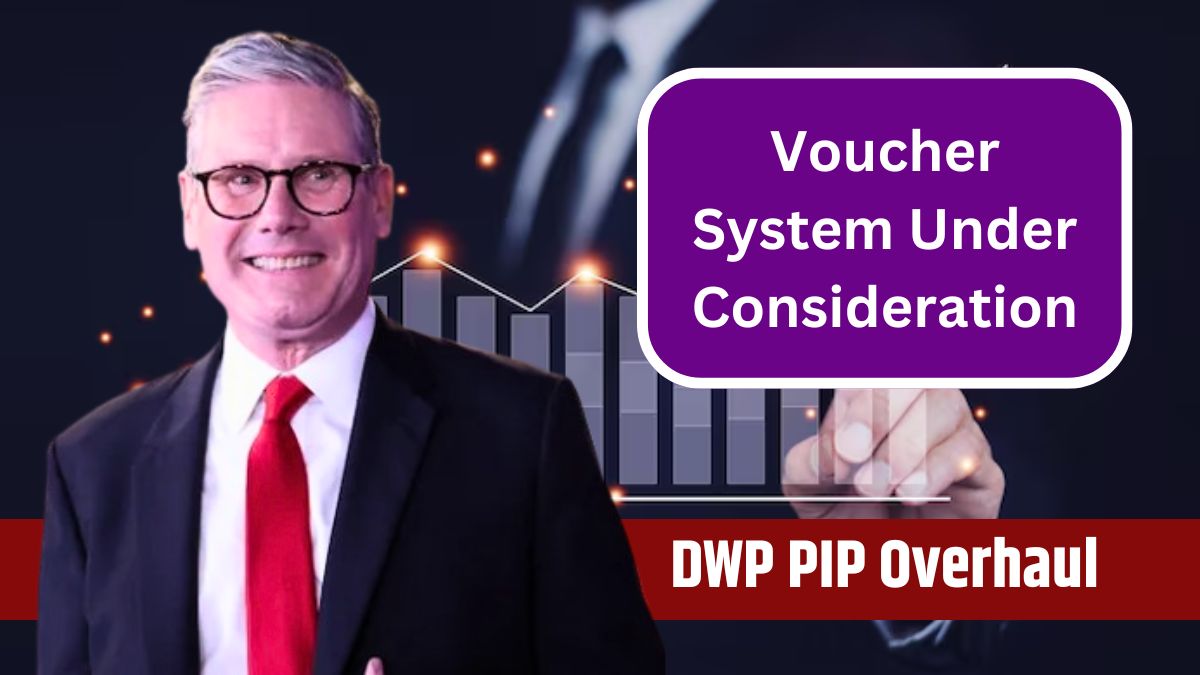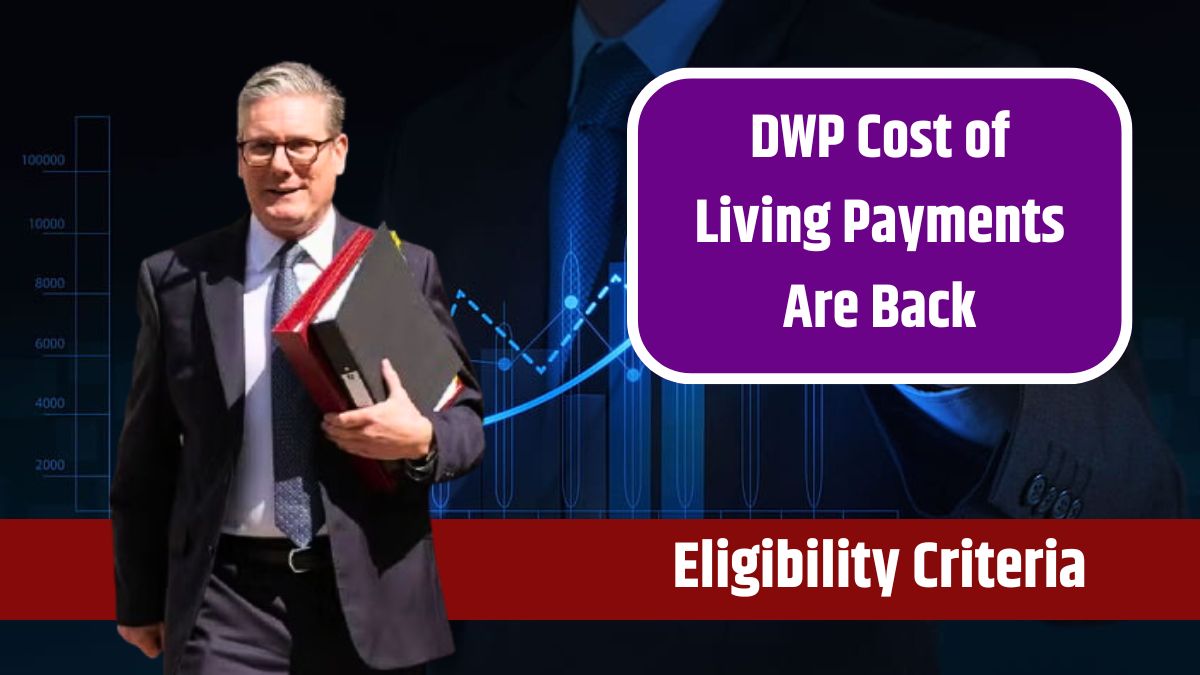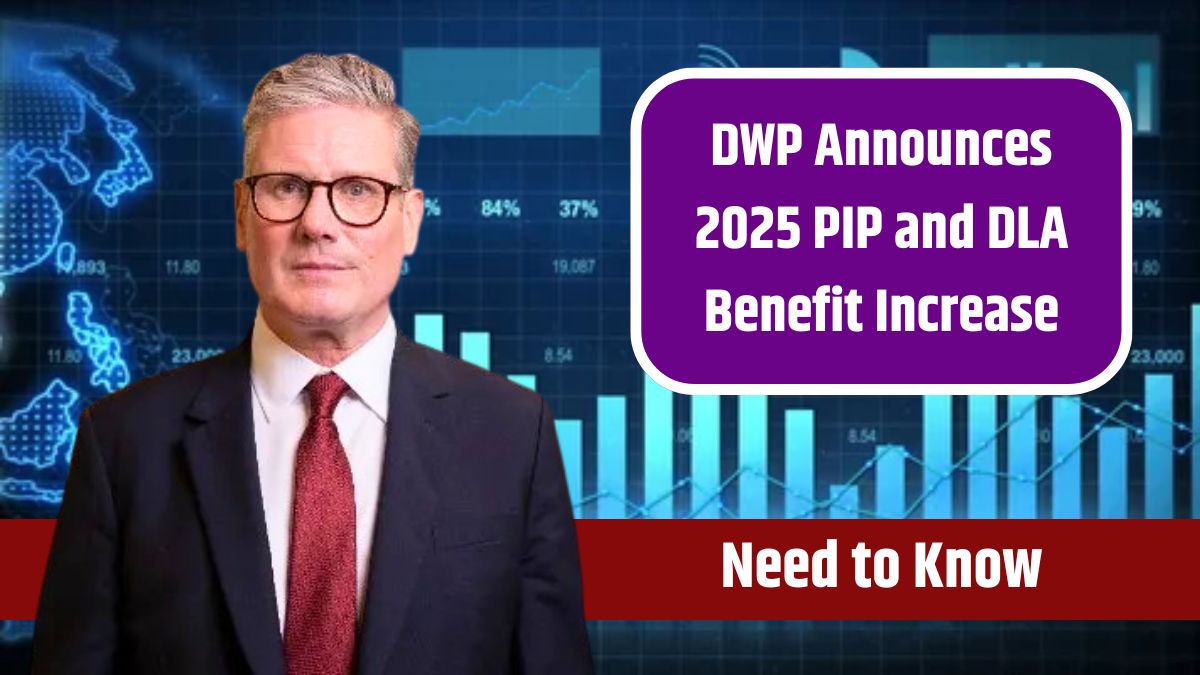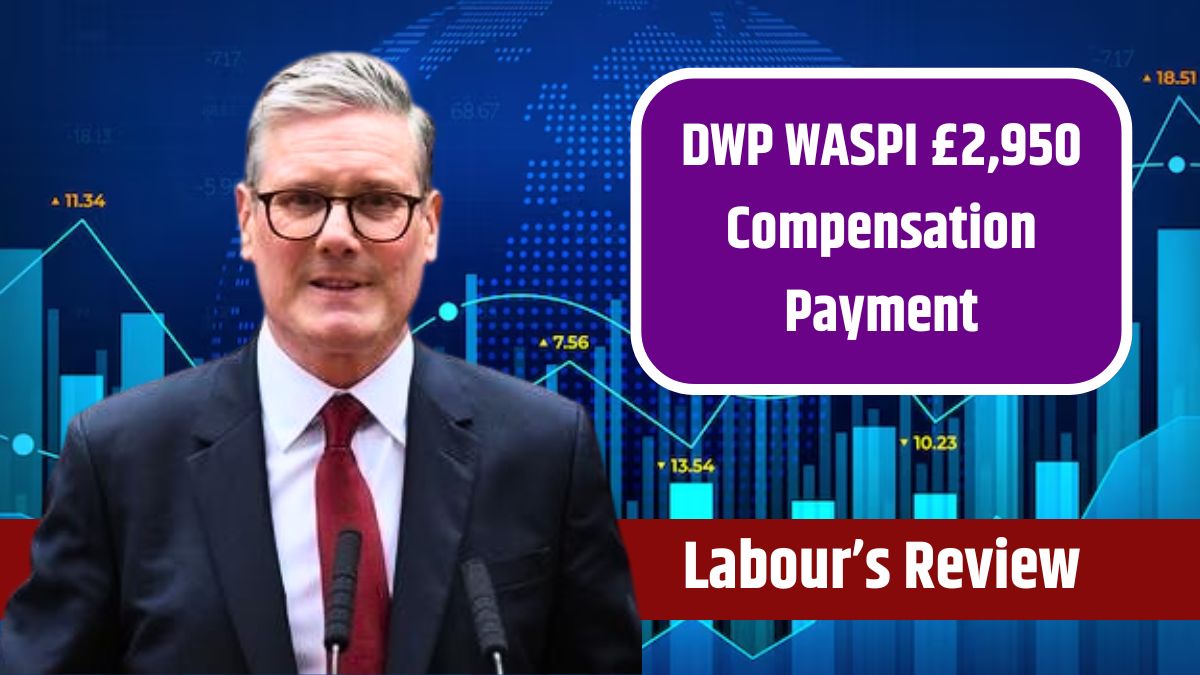Work and Pensions Secretary Liz Kendall has hinted at the possibility of replacing Personal Independence Payments (PIP) with a voucher-based system, though she acknowledged significant concerns about such a shift. Speaking to the Work and Pensions Committee, Kendall stated her intention to propose reforms to PIP but stopped short of ruling out the controversial voucher idea, which had been considered by the previous government.
This article finds the proposed changes, the concerns they raise, and the broader context of PIP reforms.
What Is PIP?
Personal Independence Payment is a non-means-tested benefit aimed at supporting people with disabilities or long-term health conditions. It helps cover extra living costs incurred due to their condition and is awarded based on the level of support required for daily living and mobility, not income or savings.
With expenditure on PIP expected to reach £28 billion annually by 2028/29, the system is under scrutiny. This marks a 110% increase in costs since 2019, prompting discussions about cost-saving measures.
Voucher System Proposal
The previous government had floated the idea of replacing PIP’s cash payments with vouchers as part of a broader strategy to curb growing disability benefit costs. The proposed vouchers would likely be redeemable for specific services or goods, ensuring that funds are allocated strictly for disability-related expenses.
Rationale Behind Vouchers
- Cost Control: Vouchers could potentially prevent misuse of funds and reduce overall expenditure.
- Targeted Support: Ensuring claimants spend their benefits on approved items related to their disability needs.
However, the voucher proposal has sparked significant backlash.
Concerns About Vouchers
Critics argue that shifting from cash to vouchers could undermine the very purpose of PIP: promoting independence and autonomy for claimants. Key concerns include:
- Loss of Personal Choice
Claimants fear losing the ability to decide how best to meet their unique needs.
Example: A claimant may prioritize transportation over mobility aids or vice versa, depending on their circumstances. - Inflexibility
Voucher systems often limit purchases to pre-approved items, ignoring the diverse needs of individuals with disabilities. - Administrative Challenges
Implementing and managing a voucher system could create additional bureaucracy and potentially lead to inefficiencies. - Impact on Claimants’ Dignity
Being forced to use vouchers rather than cash may carry stigma, making claimants feel less empowered.
Plans for Reform
While Kendall did not rule out the voucher system entirely, she indicated that her department is exploring alternative approaches to sickness and disability benefit reforms. She emphasized the importance of thoughtful, inclusive policymaking, stating:
“We won’t propose reforms until we’re absolutely ready and have had proper discussions with people.”
This commitment suggests that the government may seek to balance cost efficiency with preserving the dignity and independence of claimants.
Broader Context of PIP Reforms
The increasing number of disability benefit claimants highlights the urgency of reforming the system. The challenges include:
- Rising Costs: With projected expenditure doubling in a decade, sustainability is a pressing issue.
- Adequacy of Support: Ensuring benefits sufficiently cover the needs of diverse claimants.
- Accessibility: Simplifying the claims process while maintaining rigorous assessment standards.
Way Forward
As discussions around PIP reforms continue, Kendall’s remarks indicate a cautious approach that considers both fiscal responsibility and the lived experiences of claimants. Whether the voucher system will gain traction or be shelved remains uncertain. However, the ongoing dialogue underscores the need for inclusive, well-reasoned reforms that empower individuals without compromising their independence.
FAQs
What is the PIP voucher system?
A proposed replacement for PIP cash payments with vouchers for approved items.
Why are vouchers controversial?
They may limit claimant autonomy and add administrative challenges.
Did Liz Kendall rule out vouchers?
No, she has not ruled out the possibility of a voucher system.
How much is PIP expected to cost?
PIP expenditure is projected to reach £28 billion annually by 2028/29.
What are the next steps for PIP reform?
The government plans to consult and develop proposals before making changes.
















